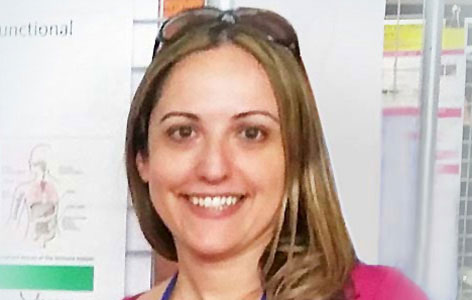
Conference: 7th International Symposium on Kallikreins and Kallikrein-related Peptidases, September 26-29, 2017, Tours, France.
Conference Highlight: The symposium highlighted the latest developments in kallikrein (KLK) research and the discovery of novel KLKs applications in diagnostics, therapeutics and personalized medicine.
Conference Summary: Kallikrein-related peptidases (KLKs) are becoming attractive targets for scientists engaged in many areas of both basic and applied research. They are involved in various biological pathways that regulate skin desquamation, tooth enamel formation, seminal fluid liquefaction, and immunity. Their dysregulation has been observed in numerous malignancies.
In this symposium, plenary lectures and invited talks from international experts contributed to further advance this interesting area of KLK investigation in an interactive atmosphere. Several major concepts and themes were covered, including the design of substrates and KLK inhibitors for therapeutics; the biochemical, structural and functional aspects of KLKs; the role of KLKs in disease and immunity; and the important role of KLKs as biomarkers. My talk was part of the topic addressing the place of KLKs in normal physiology. I presented data showing the biochemical characterization of KLK15, including its enzymatic properties and substrates.
Several lectures presented novel findings, such as the involvement of KLKs in the establishment and remodeling of the tumor microenvironment and the use of KLK-specific inhibitors and monoclonal antibodies as therapeutic targets for cancer progression. KLK modulators were highlighted as an interesting tool for drug discovery for cancer and other diseases. Moreover, the use of KLK deficient mouse models was presented as an important tool in the study of pathogenesis of diseases such as the Netherton syndrome. Interestingly, the awarded keynote oral presentation described a novel toolbox of activity-based probes for studying KLKs in prostate cancer.
The symposium culminated in the conferring of the prestigious Frey-Werle and Henner Graeff awards. Overall, I believe that this symposium contributed to further advance this interesting area of investigation and represented a fantastic opportunity for intense discussion and sharing of new ideas and points of view. It was also an excellent venue for fostering new collaborations that will enhance my research training experience.

